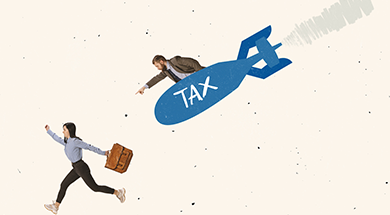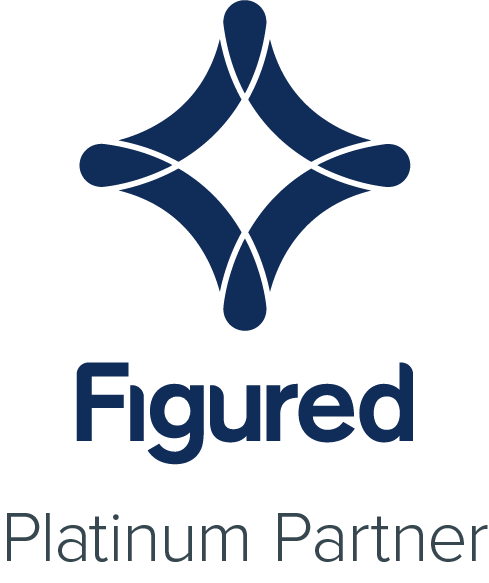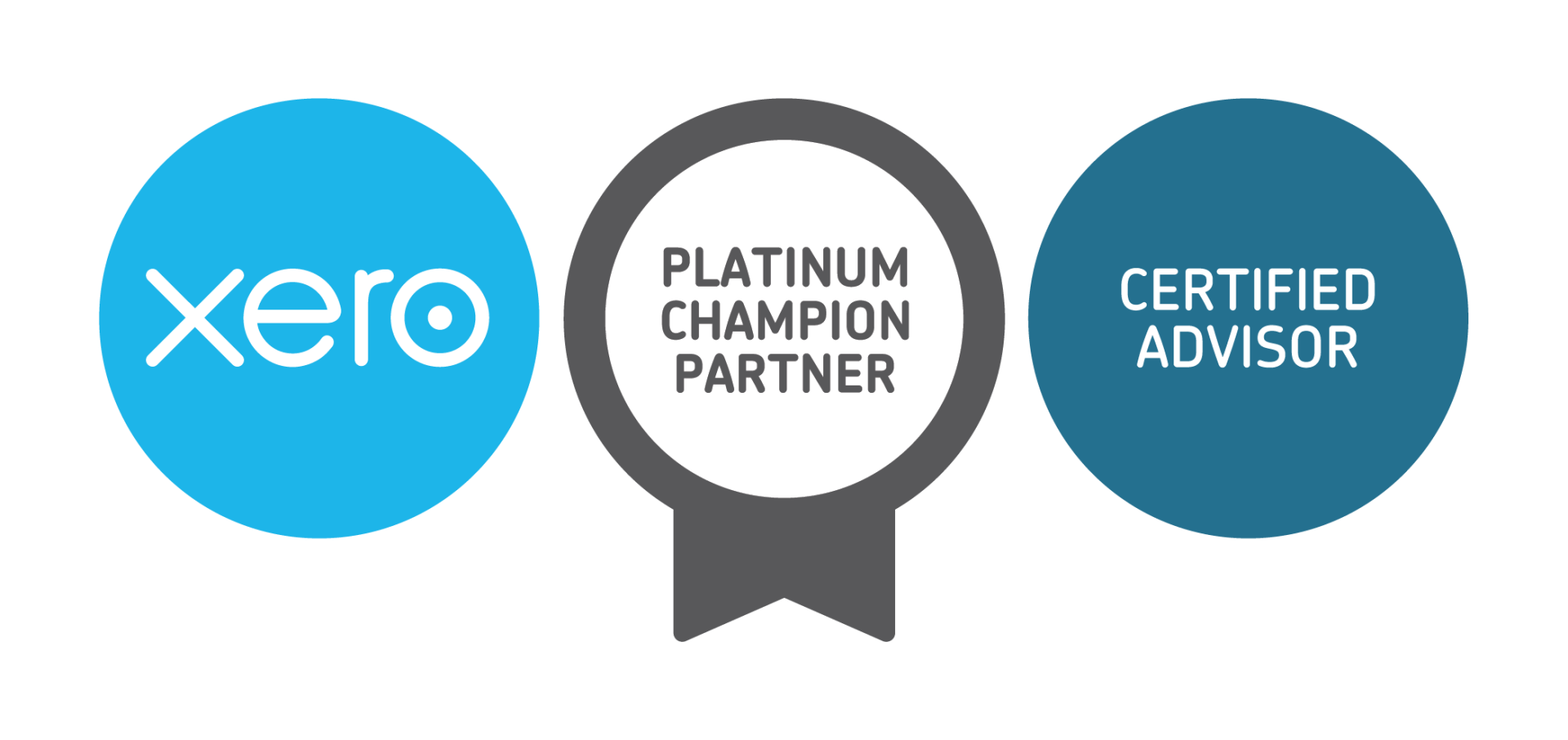Last month saw the resurrection of the proposed SG amnesty after the previous bill failed to pass through Parliament.
What is the Proposed Superannuation Guarantee Amnesty?
The Superannuation Guarantee amnesty is a one-off amnesty which works to encourage employers that have fallen behind with their SG obligations the ability to "self-correct" on historical non-compliance. To qualify employers must disclose the outstanding SG to the Tax Commissioner and either pay the full amount owing or enter into a payment plan. The Superannuation Gap is estimated at around $2.85 billion in late or missing SG payments.
When does the amnesty apply?
If the bill passes through without any amendments, the amnesty period ends six months from the day the SG amnesty gets Royal Assent. Depending on the scale of the underpayments and the complexity level, six months could be difficult for some businesses to achieve with self-checks.
Benefits of the Amnesty
The administration fees of $20 for each employee with a shortfall per quarter are waivered
The penalties of up to 200% are waivered
The Super Guarantee charge payments made under the amnesty are tax deductible (without the amnesty late payments of super are not deductible).
 What Are the Changes With The Amnesty on Superannuation Obligations?
What Are the Changes With The Amnesty on Superannuation Obligations?
There are a few changes in obligations with this amnesty. The legislation amends the law to ensure that tougher penalties apply to taxpayers who do not take advantage of the amnesty. When an employer fails to meet their SG obligations additional penalties of up to 200% can be imposed on them.
What should you do?
Even if you don't believe your business has outstanding SG liabilities, it is worth undertaking a payroll audit to ensure that your payroll calculations are correct.
If your business has engaged any contractors during the period covered by the amnesty, then the arrangements will need to be reviewed as it is common for workers to be classified as employees under the SG provisions even if the parties have agreed that the worker should be treated as a contractor.
Now you know how the proposed Superannuation Guarantee amnesty treats late payments on employee's superannuation and what it wants employers to do to correct it.
At the moment the Murray Nankivell accounting team are busy speaking with clients about the proposed ATO Amnesty on Superannuation Obligations. If you're a business owner, it's essential that you pay attention to the changes to avoid possible penalties so please contact us at Murray Nankivell for further information.
About the Author - Megan Inverarity
About Murray Nankivell Accountants and Advisers
Our aim is to help you reach your full financial potential.
We have three main offices - Naracoorte, Bordertown and Murray Bridge – as well as 11 visiting offices in Meningie, Coonalpyn, Tintinara, Lameroo, Keith, Millicent, Robe, Penola, Kingston, Nhill and Kaniva. We also visit all areas in between on appointment. We have been helping our clients grow their business, minimise tax and improve their bottom line for almost 80 years.
Our goal is to be our clients' most valued advisor. To achieve this, we are innovative and supportive in our relationship with clients. We have a personal approach where we can get to know you and your business. Our clients know that they can rely on us and that we will work with them toward their success.
For more information about Murray Nankivell Accountants and Advisers please contact us at on admin@murraynankivell.com.au or phone us on 08 8765 7777 .
Other Murray Nankivell posts you may be interested in:
-
Changes To Insurance In Super
-
Superannuation Downsizer Contribution Scheme
-
The Four Types of Business Structure

LEGAL
Liability limited by a scheme approved under Professional Standards Legislation.
Investngro Pty Ltd ABN 53 113 102 695 trading as Murray Nankivell Financial Planning, is an authorised representative of Count Financial Limited ABN 19 001 974 625 holder of Australian financial services licence number 227232 (“Count”). Count is owned by Count Limited ABN 111 26 990 832 of GPO Box 1453, Sydney NSW 2001. Count Limited is listed on the Australian Stock Exchange. Any taxation and accounting services are provided by Murray Nankivell and are not within the authority Count. The information on this web site is not financial product advice and is provided for information only.







